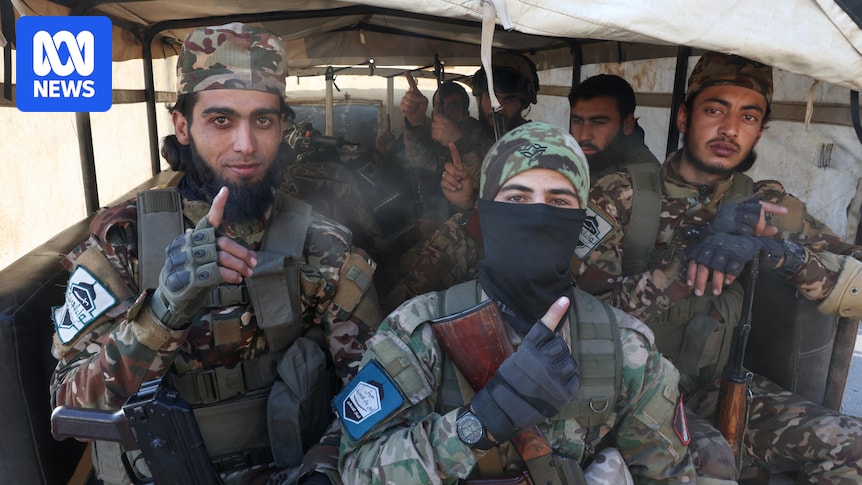Key Developments in Syria Following Assad’s Ouster
Syria’s former President Bashar al-Assad and his family reportedly fled to Russia after over 50 years in power.
The Kremlin stated it is too soon to determine the fate of its military bases in Syria, but Russian media hinted at a severe response if any attacks are directed at them. Following Assad’s downfall, the Kremlin remains cautious in its communication regarding the future of its military presence.
In the wake of these changes, Israel’s foreign minister announced military strikes on suspected chemical weapons facilities and long-range rocket sites throughout Syria. These measures appear to be prompted by concerns over potential threats arising from the tumultuous situation.
Syria’s Prime Minister, Mohammed Ghazi Jalali, encouraged a swift and smooth transition, saying cabinet members are actively working to ensure stability and availability of essential services like food and medicine. Additionally, he expressed his willingness to engage with insurgent leaders, signaling possible negotiations.
Reports from the ground indicate a shift in sentiment, as Syrians are celebrating what many are calling a new beginning. In the heart of Damascus, citizens gathered in the main square, expressing relief and joy at the end of a long-standing regime characterized by fear and repression. A civil servant remarked on the profound sense of newfound freedom that many are experiencing.
The humanitarian cost of the upheaval remains high. A recent Turkish drone strike in northern Syria reportedly killed 11 civilians, including six children. Such incidents underscore the ongoing violence that continues to plague some regions.
The United Nations emphasized the need for accountability for the human rights violations that occurred under Assad’s regime, calling for a genuine political transition that protects all minority groups and upholds international law.
Hezbollah, a long-time supporter of Assad, has labeled the events a “major and dangerous transformation,” highlighting the loss of their key ally, which has significant implications for regional stability and security.
As the world watches, the international community, particularly Türkiye, has expressed its hope for the establishment of an inclusive government in Syria that promotes peace among various ethnic and religious groups. Turkish officials declared their readiness to assist in rebuilding the nation, which has been host to millions of Syrian refugees since the conflict began.
In summary, the fall of Assad’s regime marks a pivotal turning point for Syria, filled with both hope and uncertainty. The ongoing negotiations and the international response will shape the country’s path forward as it strives for peace and stability amidst the remnants of a tumultuous past.


